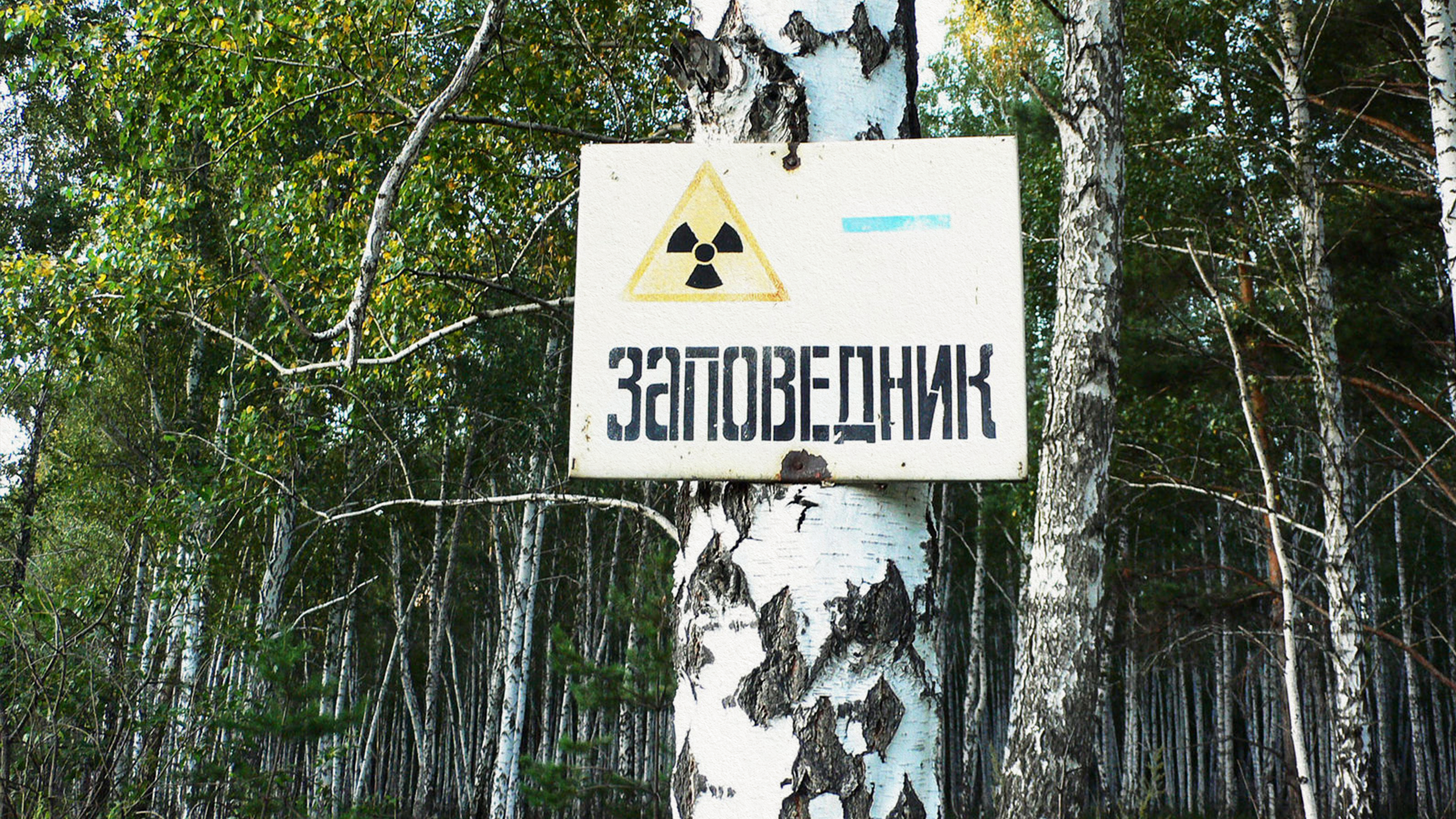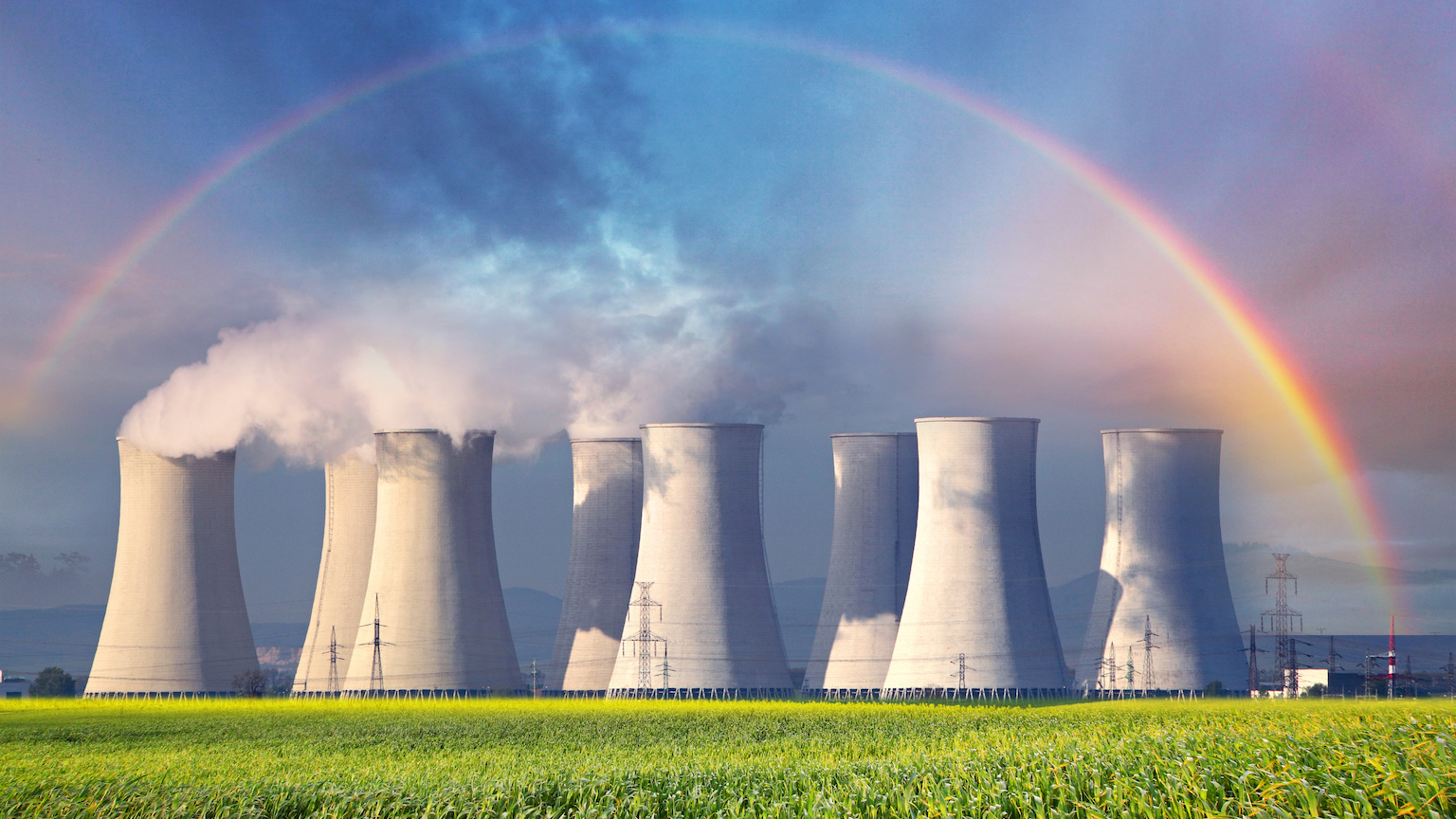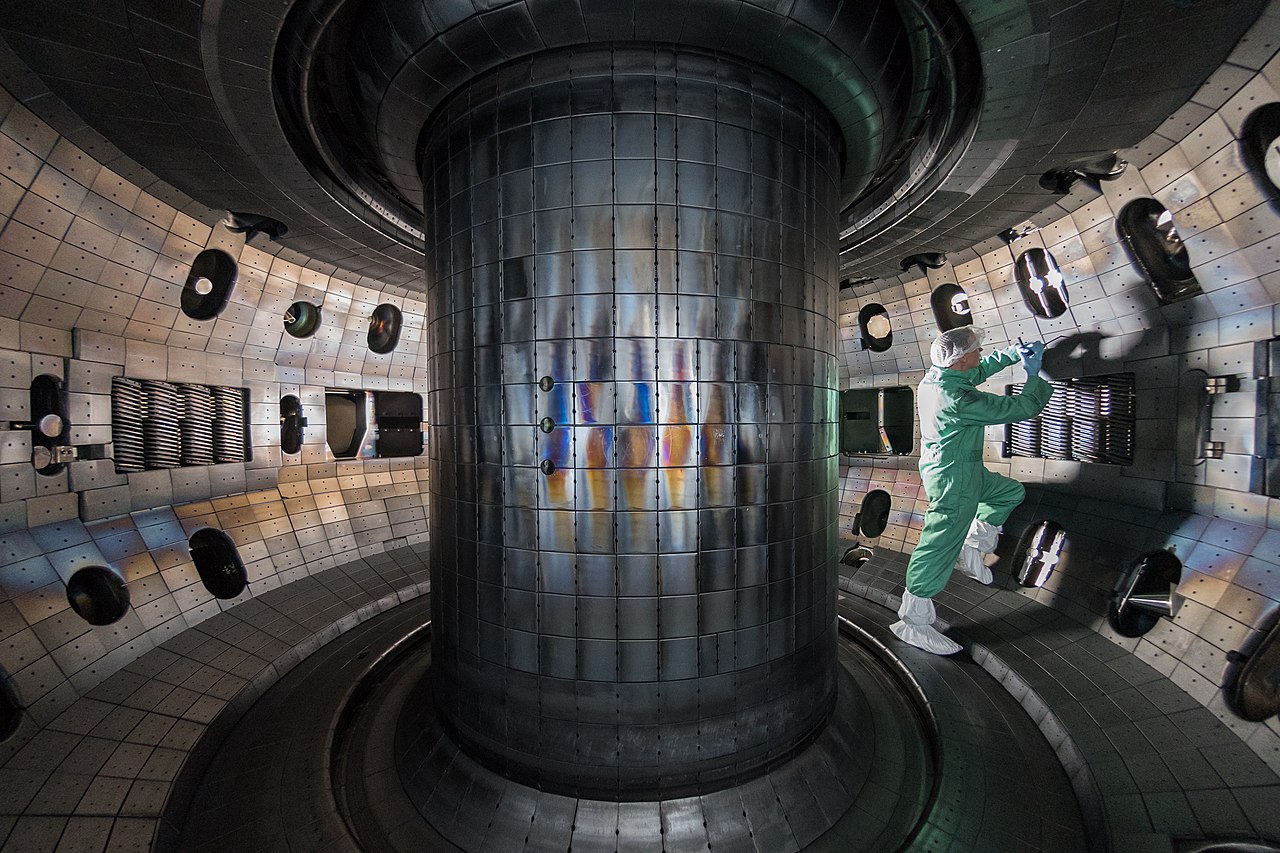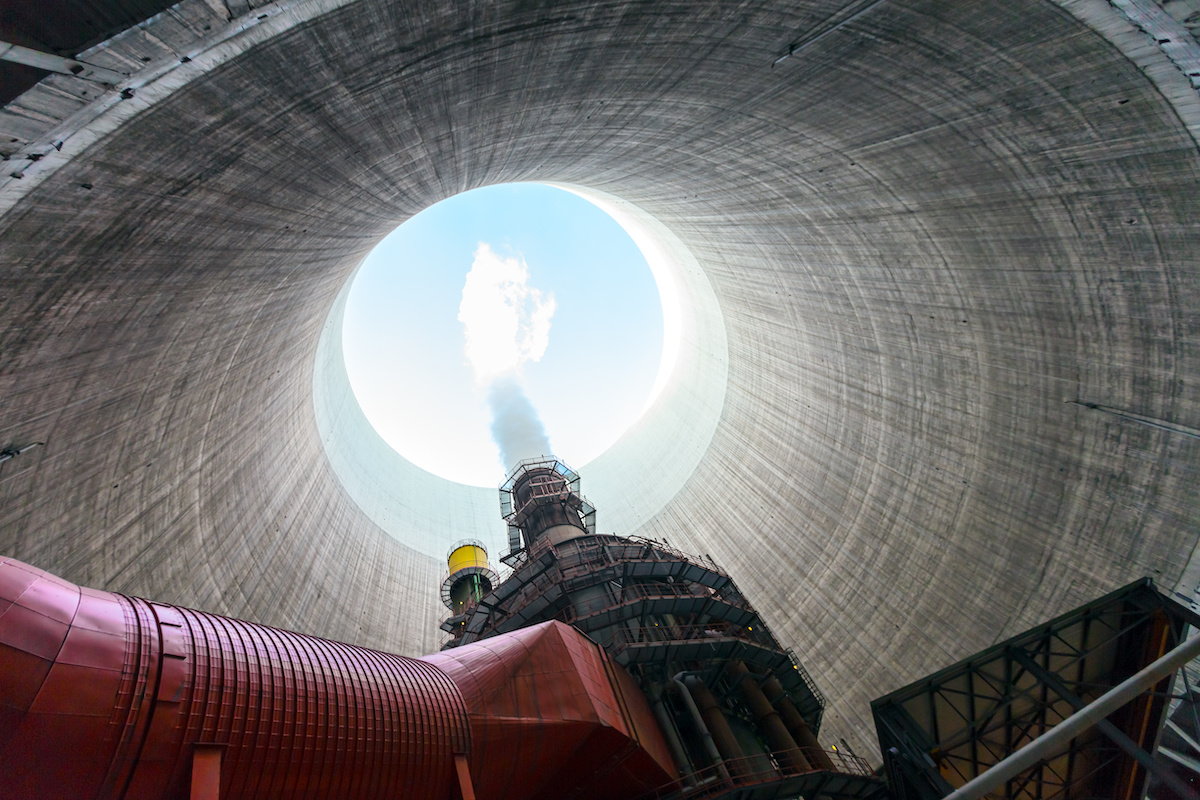New Study To Focus On Cancer Risks Near Nuclear Plants
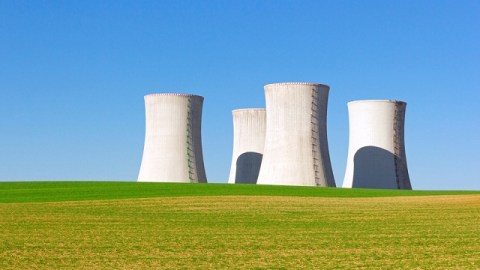
Article written by guest writer Kecia Lynn
What’s the Latest Development?
The US Nuclear Regulatory Commission announced plans to work with the National Academy of Sciences to conduct a pilot epidemiological study of cancer risks near six nuclear power plants. It “will investigate cancer rates in each census tract within a 30-mile radius of the nuclear facilities, and assess cancers in children younger than 15 whose mothers lived near a nuclear facility during pregnancy.” The information collected in this pilot program will be used to determine whether it should be extended to all 65 plants in the United States as well as some nuclear fuel sites.
What’s the Big Idea?
Even in the absence of an accident, simply living near a plant that uses uranium to create electricity may be dangerous. Recent studies in Europe “suggest that the children living near nuclear reactors are twice as likely to develop leukemia.” It’s been more than 20 years since a study like this was conducted, and at that time the health risks were considered to be minimal. Environmentalists such as Roger Johnson are pleased to learn of the commission’s plans: “Most people are focused on accidents at nuclear power plants…They don’t realize that they store tons of radioactive material and emit low levels of radioactive waste into the atmosphere.”
Photo Credit: Shutterstock.com
